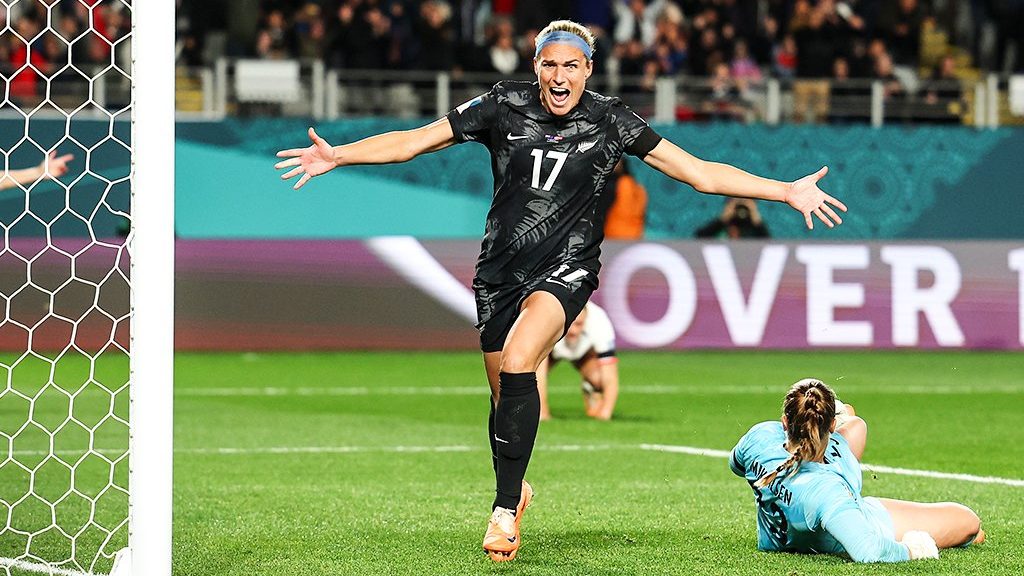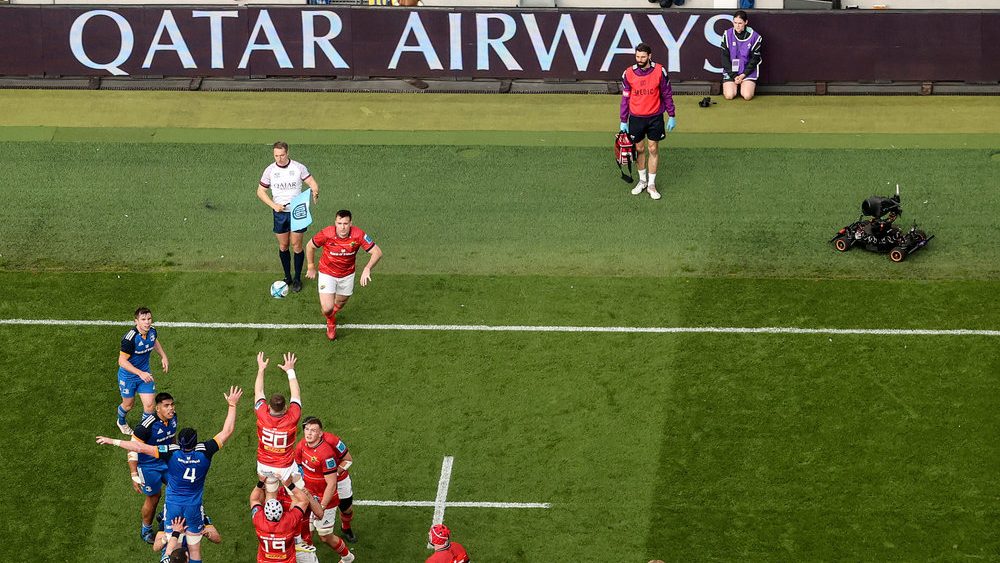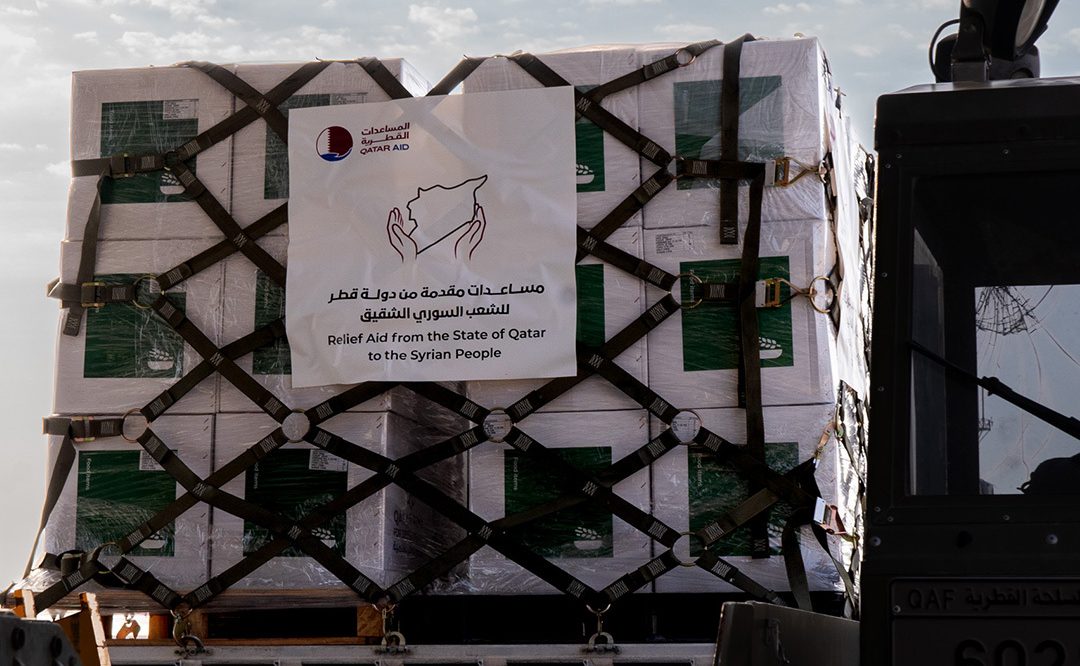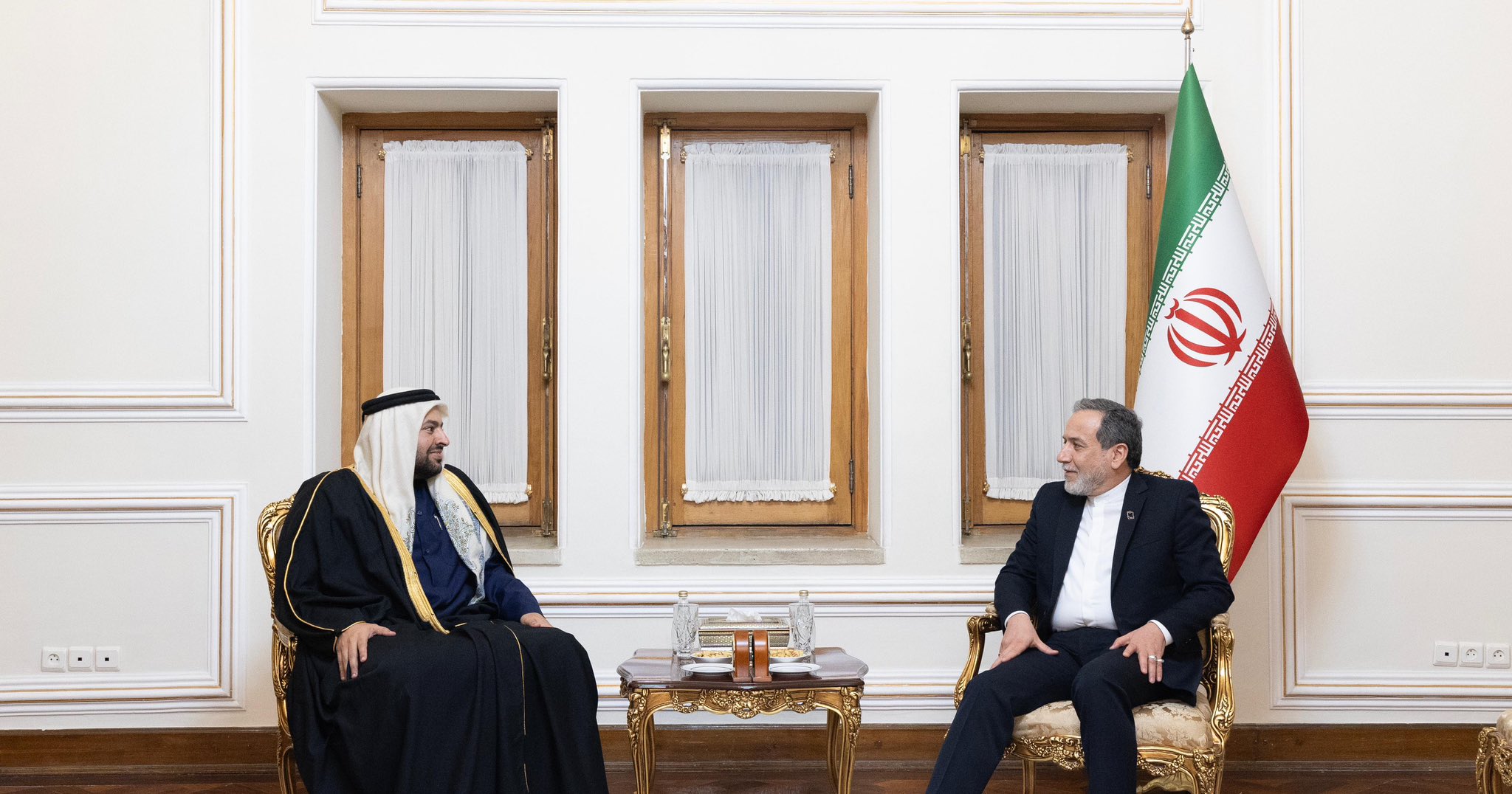FIFA has given the green light for the Women’s World Cup in Auckland despite the shooting occurring only a few miles from the opening stadium.
The 2023 Women’s World Cup kicked off as planned on Thursday, with the co-host New Zealand prevailing in the opening match against Norway just hours after a lone shooter killed two people and injured six others miles from the stadium.
New Zealand Prime Minister Chris Hipkins met with FIFA president Gianni Infantino following the shooting and ensured the World Cup would go as intended.
“Clearly, with the FIFA World Cup kicking off this evening, there are a lot of eyes on Auckland,” the prime minister said.
“The government has spoken to FIFA organisers this morning, and the tournament will proceed as planned. I want to reiterate that there is no wider national security threat. This appears to be the action of one individual,” Hipkins added.
In a statement, FIFA said it “would like to express its appreciation for the support provided by the Aotearoa New Zealand authorities following the tragic incident that took place in Auckland / Tāmaki Makaurau some hours before the start of the FIFA Women’s World Cup Australia & New Zealand 2023.”
The gunman stormed a high-rise construction site near Norway’s team hotel and opened fire, killing two people before being found dead after a police shootout.
Norway coach Hege Riise said her players were not impacted by the shooting, despite the shooting near their hotel.
“We knew it was under control. We felt safe. Some players slept through it,” Riise said.
“We had an early morning meeting with everyone. It hasn’t had an effect on how we performed in the game,” Riise added.
A minute of silence was observed before the opening match between New Zealand and Norway, which ultimately ended with Hannah Wilkinson striking a lone goal to hitch the game.
Playing at a record crowd of 42,137, Wilkinson gifted New Zealand’s first-ever World Cup victory in its sixth visit to the women’s football event.
“We put so much pressure on ourselves because it wasn’t just about winning a game, it was about inspiring our entire country,” the New Zealand captain Ali Riley said.
“[It’s] the opening game; they are the hosts. We have talked about this. We knew they were going to go out there and be aggressive,” Norway midfielder Guro Reiten said.
“We knew exactly how they wanted to play, but still, we were so poor, especially in that first half. I’m very disappointed,” Reiten added.
Following an underwhelming performance, Norway now faces an early exit similar to their group-stage exit at Euro 2022.
With 32 teams facing off in six stadiums in Australia and four in New Zealand, this year’s Women’s World Cup is expected to be unlike any other before.
The United States ranks the top after winning the last World Cup in 2019, with nine players from that team returning for the 2023 contest.
However, the US will contend among several new teams.
Teams from Haiti, Ireland, Morocco, Panama, the Philippines, Portugal, Vietnam, and Zambia join the tournament for the first time this year as underdogs.
According to FIFA, ticket sales for the tournament overtook the previous edition held in France, making this tournament the most attended standalone women’s sporting event in history.
The final is set to be held in Sydney’s 81,500-capacity Stadium Australia on 20 August.







